Pumpkin Seeds: Tiny Powerhouses of Protein & Magnesium
A ¼-cup handful delivers 7 g protein, 37 % DV magnesium and heart-healthy fats—perfect for salads, granola or pesto.
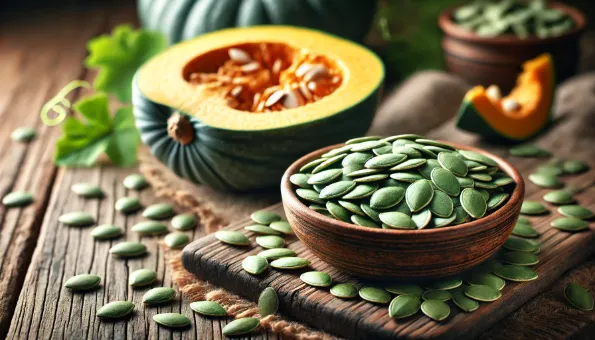
Why Pumpkin Seeds Deserve a Spotlight
Nutrition per ¼ cup (30 g)
Science-Backed Benefits
Possible Downsides
Kitchen Uses Beyond Trail Mix
Buying & Storage
- 1. Pumpkin Seeds
Comments
Povezani postovi
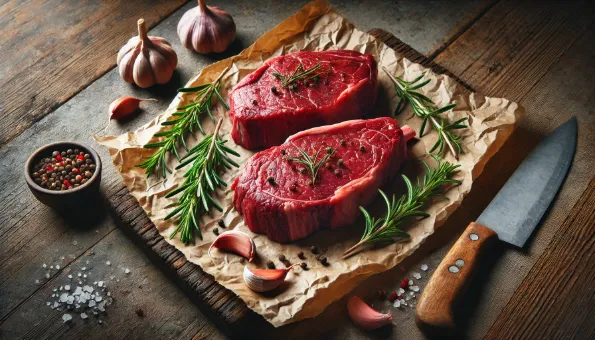
Bison Meat: Lean, Nutrient-Dense Red Meat
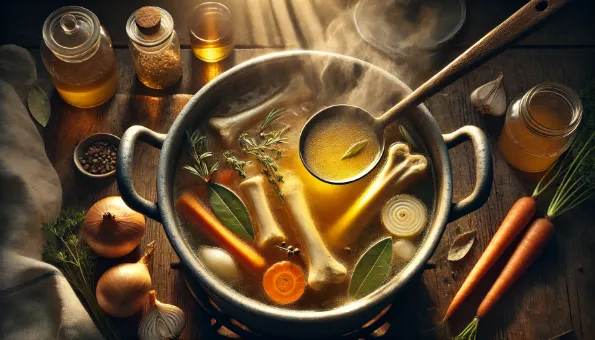
Bone Broth: Slow-Simmered Collagen-Rich Stock
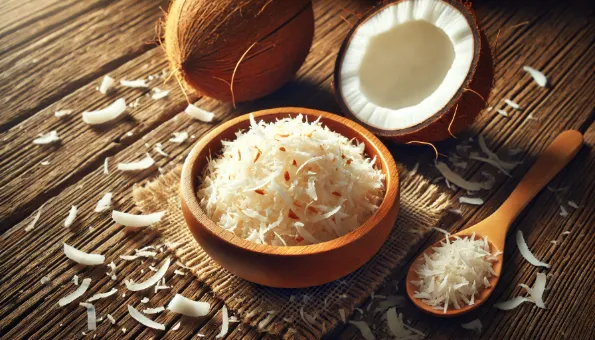
Coconut Flakes: Crunchy, Tropical Topping
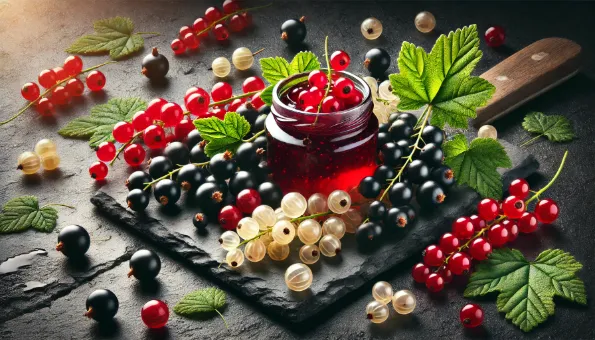
Currants (Black, Red & White): Tart, Juicy Vitamin C Powerhouses

Herbal Tea: Caffeine-Free Infusion for Relaxation & Wellness
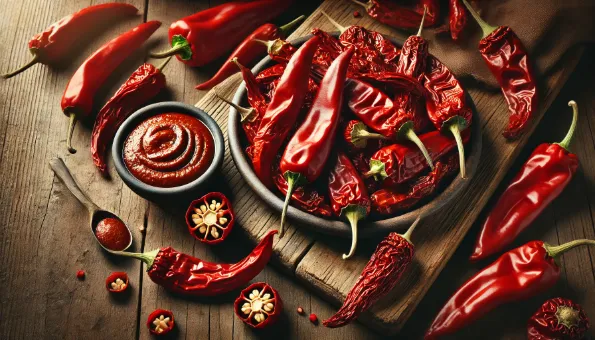
Guajillo Peppers: Fruity, Mild-to-Medium Dried Chilies
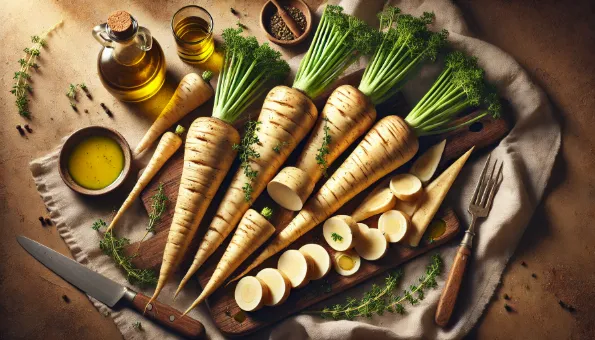
Parsnips: Sweet, Nutty Root Vegetable
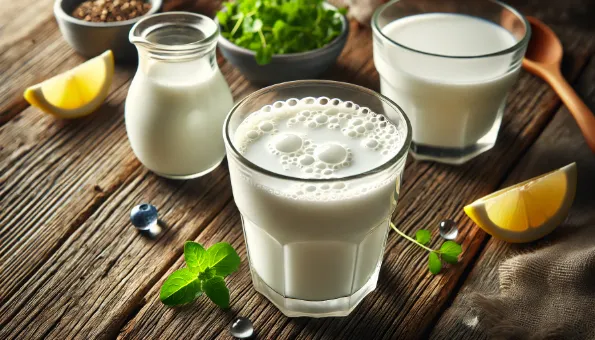
Buttermilk: Tangy, Probiotic-Rich Milk for Baking & Drinking
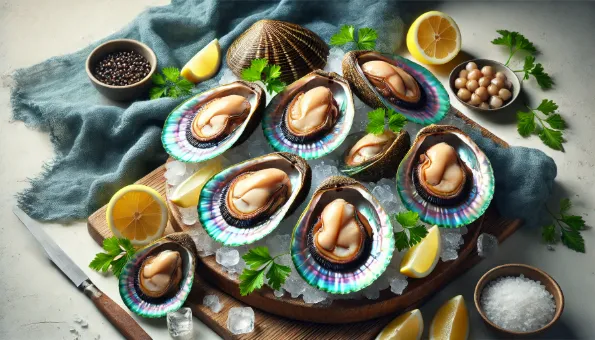
Abalone: Gourmet Sea Snail with Delicate Flavor
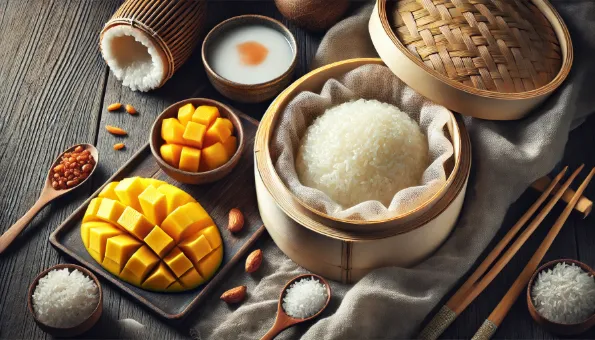
Sticky Rice (Glutinous Rice): Perfectly Chewy, Sweet or Savory

